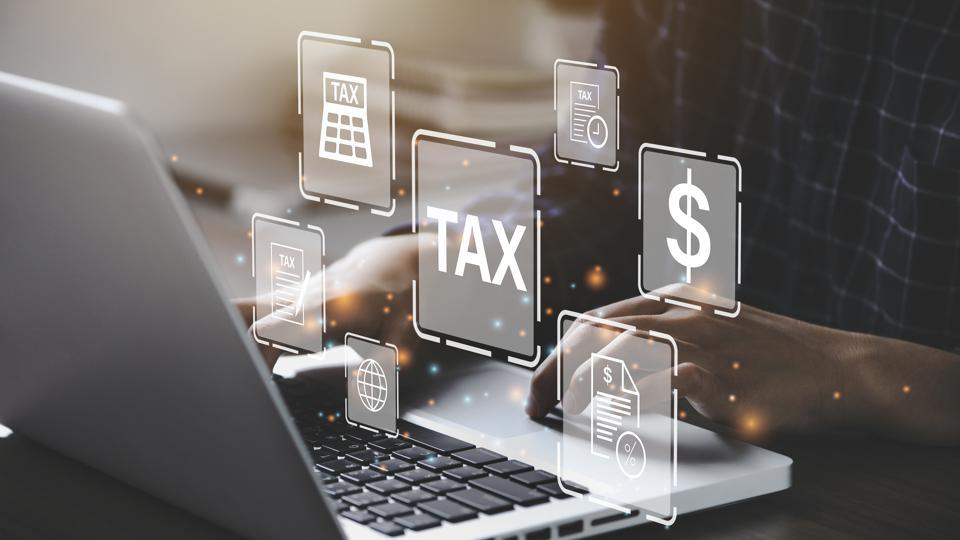UK business tax
No matter the industry you’re in, all UK companies must pay taxes on their business finances. This includes paying corporation tax on profits, managing taxes on expenses and settling VAT bills. Tax money goes to the government to fund public spending on essentials such as education, infrastructure and healthcare.
What is tax compliance?
Compliance in legal terms refers to conforming to a rule. Put simply, tax compliance is abiding by the tax laws that are put in place by the government and relevant regulatory bodies.
Businesses (including self-employed individuals) can be subject to tax compliance checks at any time. This is to ensure that you’re paying the right amount of tax and to make adjustments if necessary. These checks will be managed by HM Revenue and Customs (HMRC) and could cover:
- Your Self-Assessment or Company Tax Return
- Any taxes you pay
- Accounts and calculations
- PAYE records and returns (if you’re an employer)
If you’re found to be non-compliant, you may have to pay a penalty. The amount will depend upon the reasons behind underpayments or overclaiming, whether you reached out to HMRC and how helpful you are during the compliance checks. Remember you’re legally obligated to pay the proper amount of business tax.
How to stay compliant
Understand applicable laws
The first step to staying compliant with business tax laws is understanding the regulations that apply to you and your organisation.
Use the UK government website to read up on the different types of tax laws relating to businesses and if and how these change depending on factors such as the size and age of your business and the sector you’re in.
You should also keep an eye on national news updates related to business from reliable sources such as the BBC and UK newspapers. Any changes to tax laws will be widely discussed ahead of being implemented to give companies the chance to get ahead of the game.
Make use of software
Investing in digital programs is a great way to speed up and safeguard your business tax calculations. Regularly updated with the latest legal requirements, they can analyse large amounts of data in moments and automatically adjust payments as and when needed.
Use software to ensure VAT compliance on goods and services with a complex supply chain, and install plug-ins in your payroll system to work out Income Tax on employee salaries.
Seek professional advice
The safest way to ensure you stay compliant with applicable business tax regulations is to seek professional advice. Reach out to local lawyers and auditors or hire an in-house account and legal team for tailored expertise.

